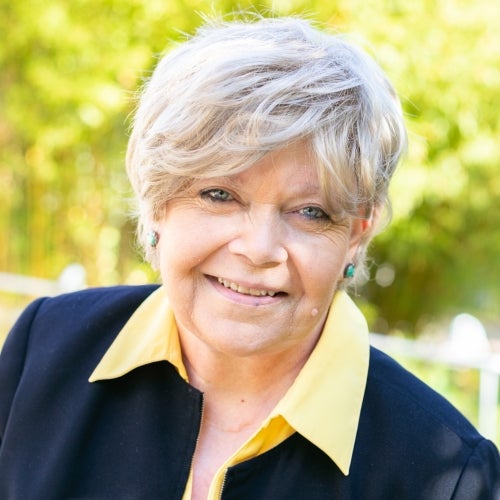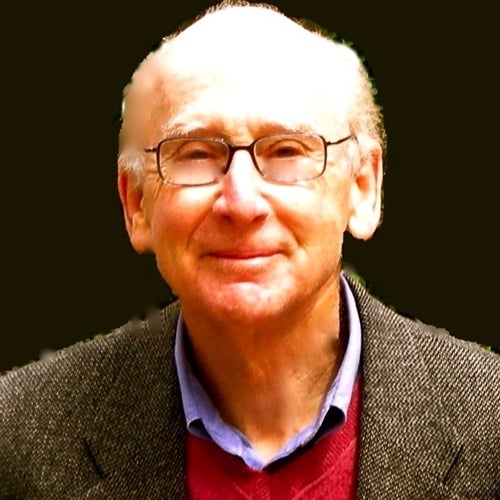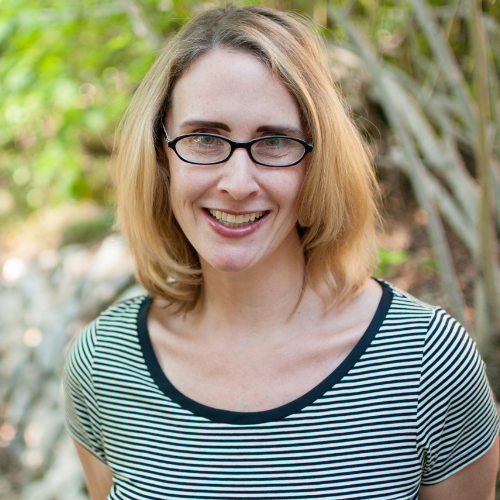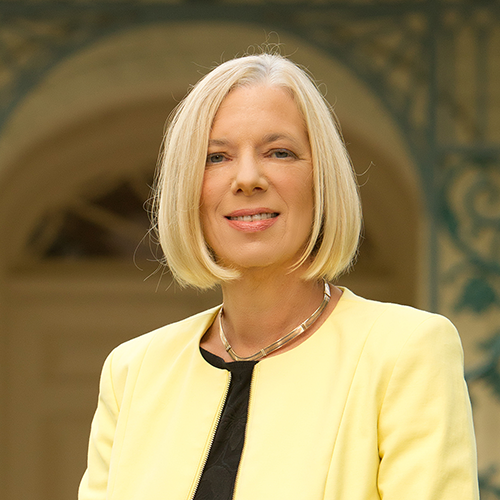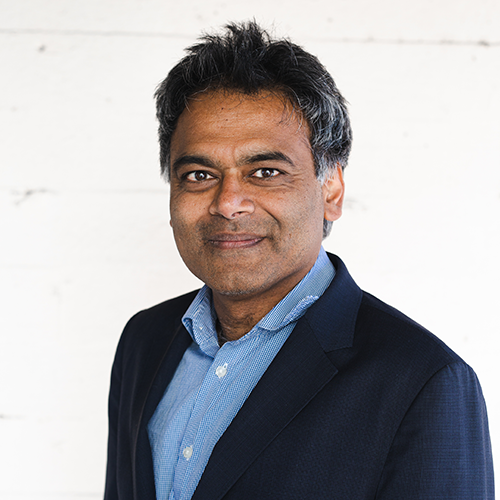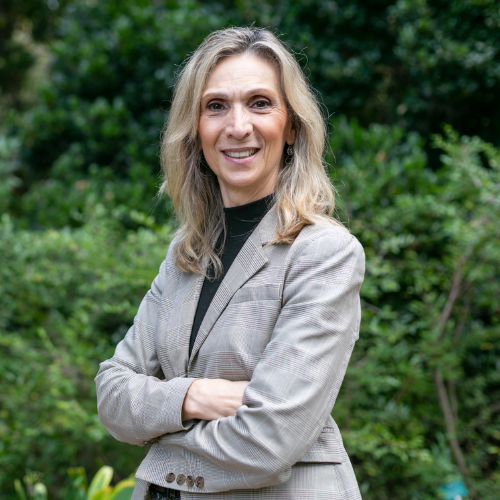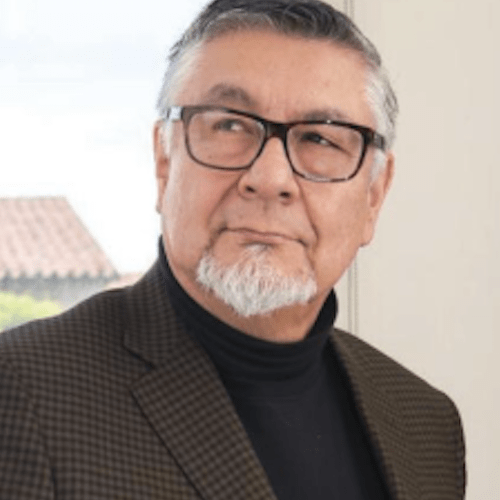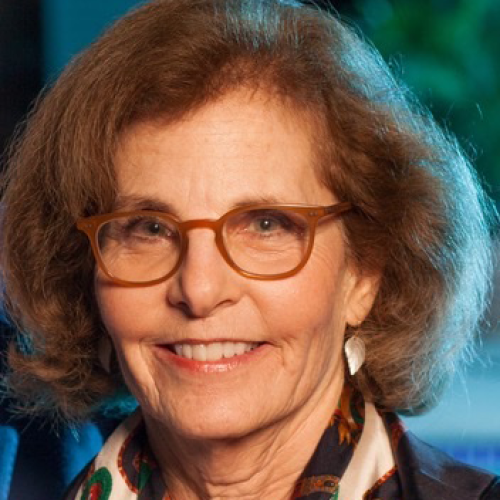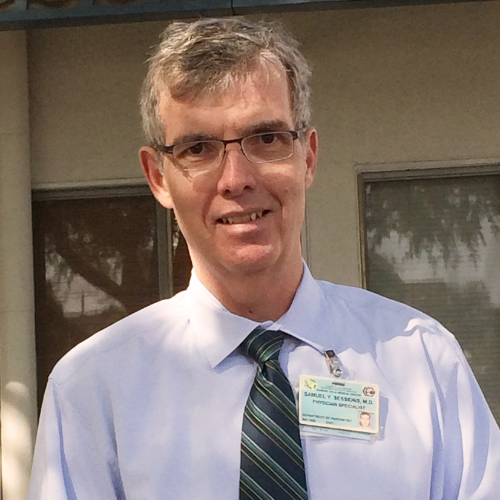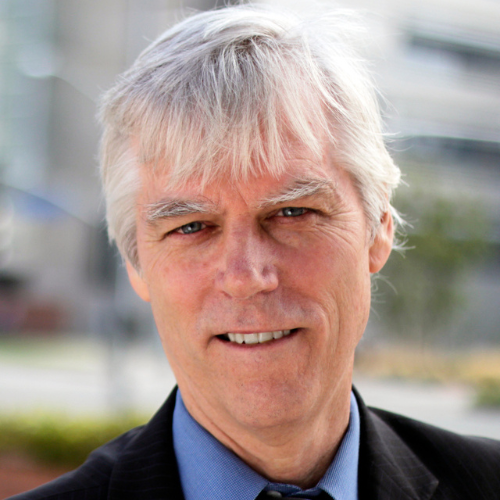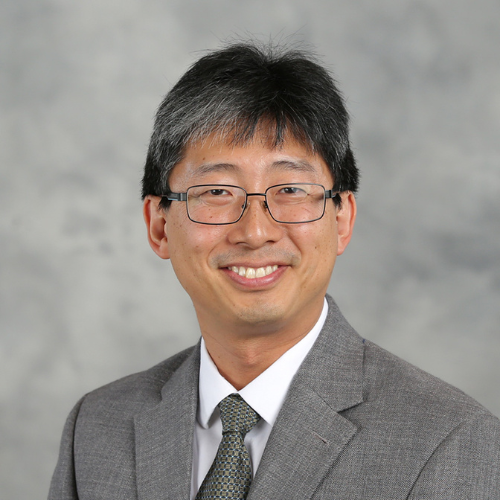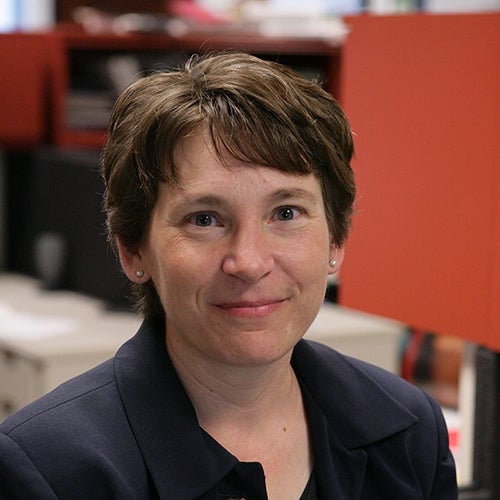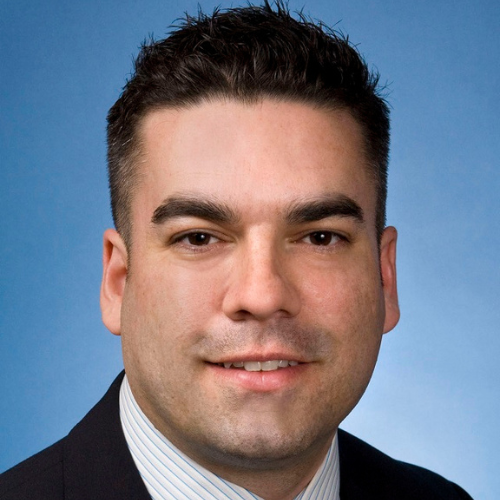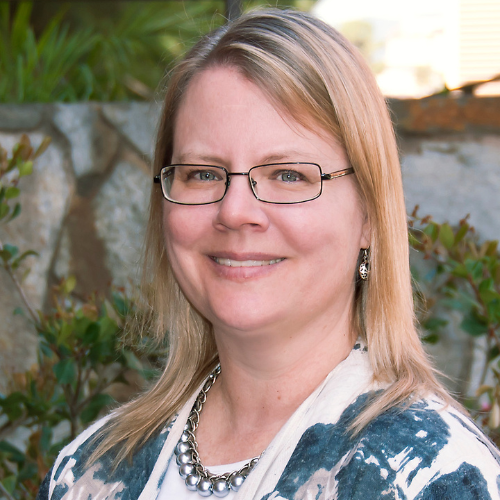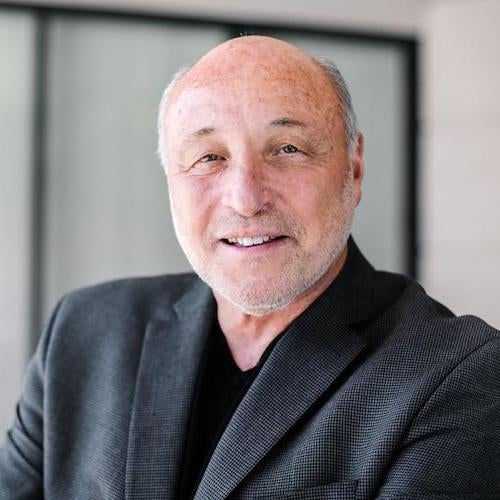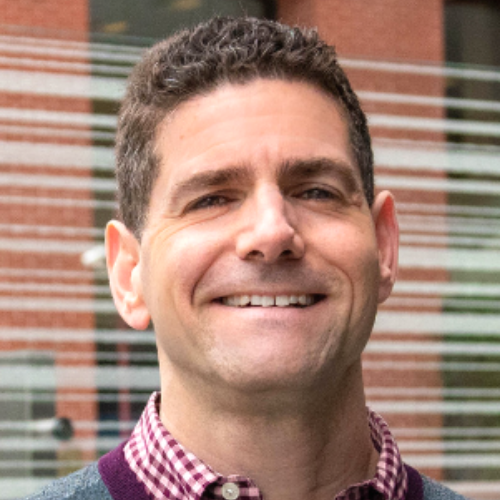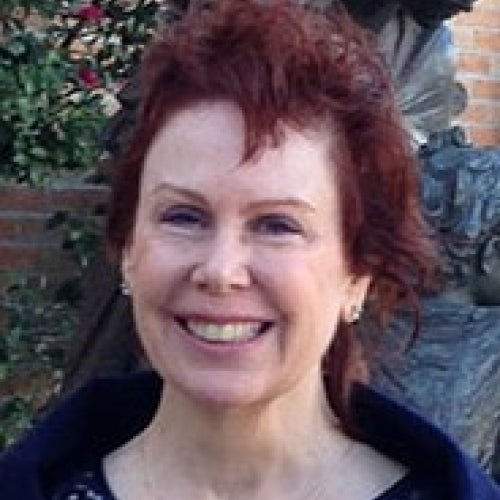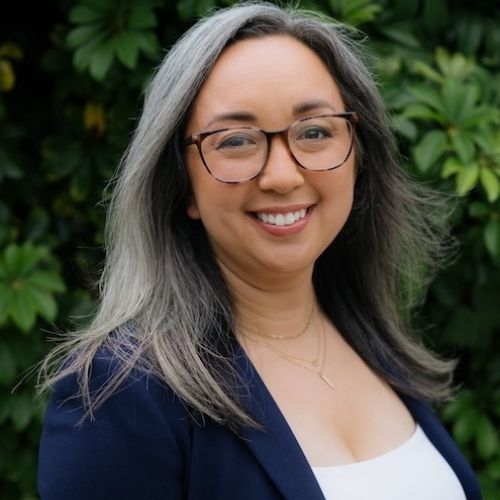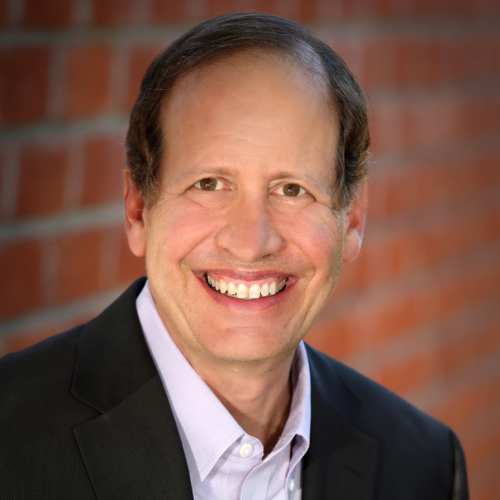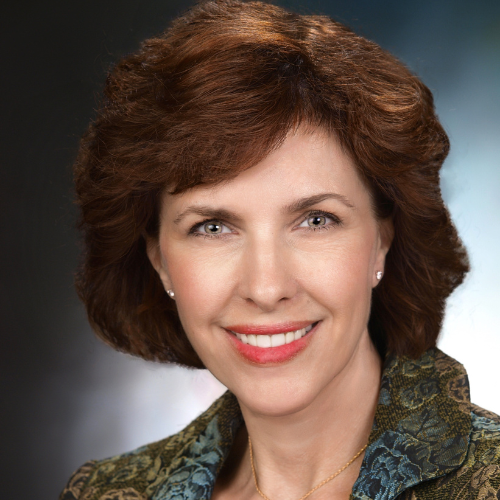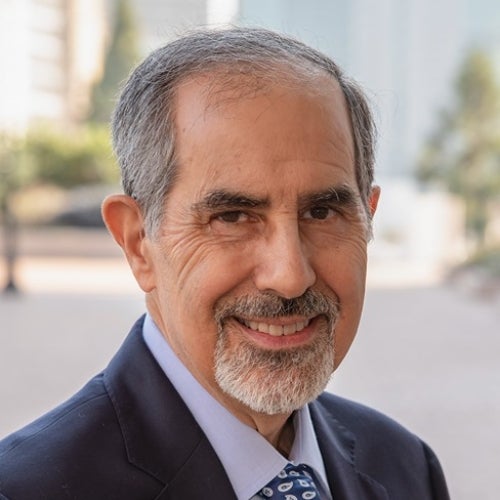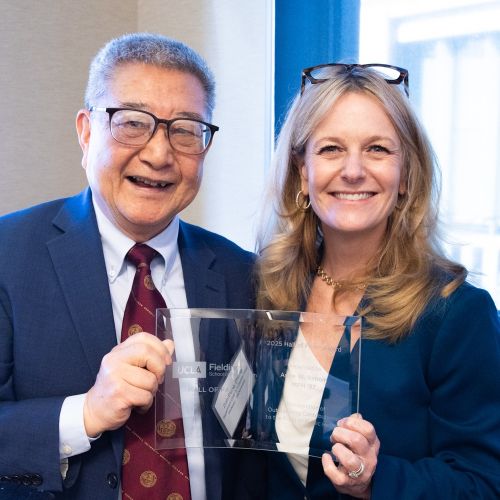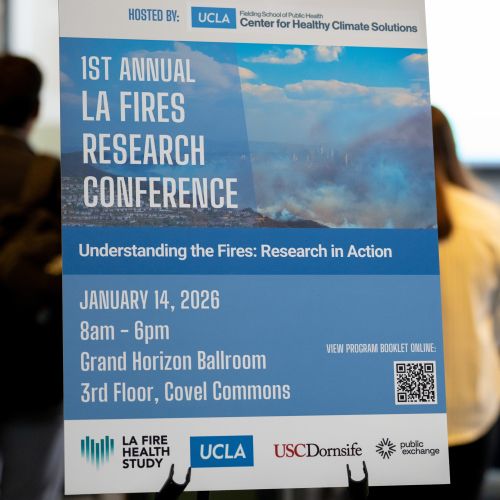Nearly half of California caregivers experienced financial stress during 2020
Research by the UCLA Center for Health Policy Research found half of CA's adult caregivers reported experiencing some level of financial stress.

In 2020, an estimated 6.7 million Californians provided care for a family member or friend with a serious or chronic illness or disability. According to a study by the UCLA Fielding School of Public Health's UCLA Center for Health Policy Research, led by Dr. Ninez Ponce, Fielding School of Public Health professor of health policy and management, 44.4% of those caregivers reported experiencing some level of financial stress due to their roles, and 13.5% experienced a physical or mental health problem due to their caregiving work.
In the study, which used data from the center’s 2020 California Health Interview Survey, UCLA researchers write that caregivers received little financial support for their work: One in four caregivers in California provided 20 or more hours of care per week, but only 1 in 11 received payment for that work. And according to AARP research, people who care for a family member spend thousands of dollars per year of their own money on caregiving costs.

“Because they provide a significant portion of care for people with chronic needs and disabilities, it is vital that we assess caregivers’ financial and mental health needs in order to support the creation or expansion of policies that can alleviate any kind of burden they are experiencing,” said Sean Tan, the study’s lead author and a senior public administration analyst at the center.
According to the report, 57.7% of caregivers in California are women, 67.5% are between 26 to 64 years old, and 64.7% provide care to adults ages 65 and older. In terms of race and ethnicity, 40.7% of caregivers are white, 37.4% are Latino, 11% are Asian American, 6.3% are Black, 0.7% are American Indian or Alaska Natives, 0.5% are Native Hawaiian or Pacific Islander, and 3.4% are two or more races.
Among other key findings:
- 20.9% of caregivers reported that caring for their relative or friend was “somewhat” or “extremely” financially stressful. Those working a great number of hours were more likely to report greater levels of financial stress.
- 28.0% of Black caregivers, 23.4% of Asian American caregivers and 21.9% of Latino caregivers reported that caregiving was “somewhat” or “extremely” financially stressful. Financial stress was slightly less prevalent among white caregivers: 17.7% reported that level of concern.
- 21.5% of caregivers who provided 30 or more hours of care per week and 21.1% of caregivers who provided 20 to 29 hours of care per week reported physical or mental problems due to their work — both higher percentages than caregivers who worked less than 20 hours per week.
The majority of those surveyed spent between one and five hours per week on their caregiving duties; 24.5% of respondents provided care for 20 hours or more.
View additional data from the report in a Center for Health Policy Research infographic (PDF)
The study’s authors propose policies and laws that could help provide caregivers with income replacement and job protection, which are currently limited under California’s Paid Family Leave Act, and that would better support caregivers’ physical and mental health needs.
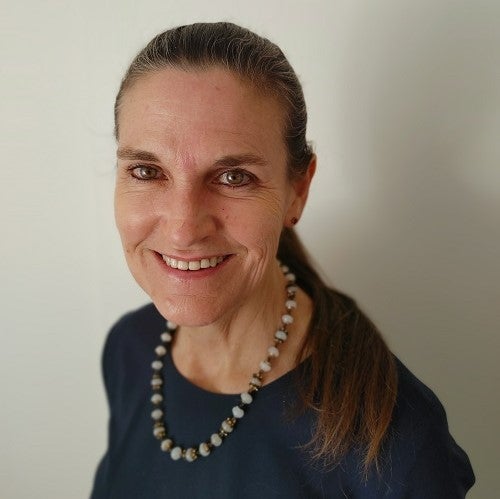
“Employment or employer agencies, resource centers and media can make dedicated efforts to raise awareness of paid family leave benefits so that the state can provide critical aid to an ever-growing population of adults who shouldn’t have to compromise their own health,” said Dr. Kathryn Kietzman, a co-author of the study and the director of the center’s Health Equity Program. “The state could implement policies that require health and social service providers to assess caregivers’ needs and create more programs that respond to the multiple challenges that caregivers are facing.”
by Elaiza Torralba
The UCLA Fielding School of Public Health, founded in 1961, is dedicated to enhancing the public's health by conducting innovative research, training future leaders and health professionals from diverse backgrounds, translating research into policy and practice, and serving our local communities and the communities of the nation and the world. The school has 761 students from 26 nations engaged in carrying out the vision of building healthy futures in greater Los Angeles, California, the nation and the world.
Faculty Referenced by this Article

Dr. Ron Andersen is the Wasserman Professor Emeritus in the UCLA Departments of Health Policy and Management.
Nationally recognized health services researcher and sociomedical scientist with 25+ years' experience in effectiveness and implementation research.

Dr. Michelle S. Keller is a health services researcher whose research focuses on the use and prescribing of high-risk medications.

EMPH Academic Program Director with expertise in healthcare marketing, finance, and reproductive health policy, teaching in the EMPH, MPH, MHA program

Professor of Community Health Sciences & Health Policy and Management, and Associate Dean for Research


